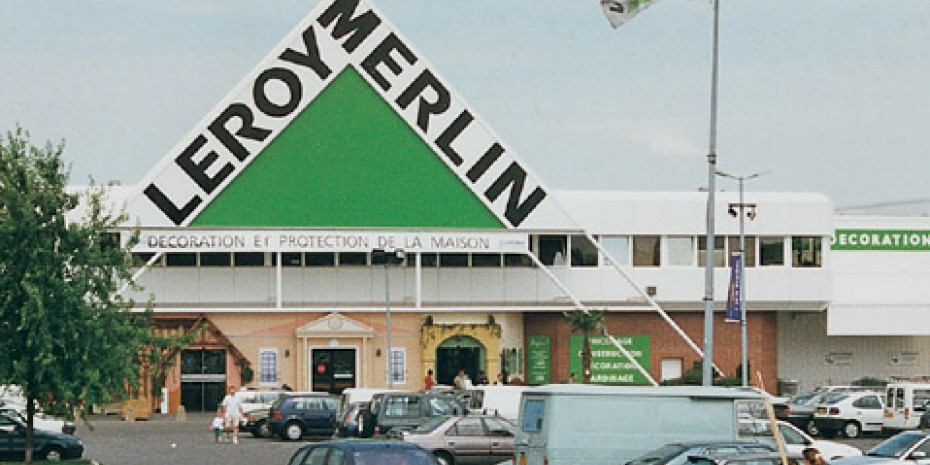As C. Vanderroost of Leroy Merlin said in a local daily paper in August, “We are not a DIY superstore but a decorating store. What we have to offer is complementary.” This statement was carefully noted by Intergamma and Praxis, and the two Dutch competitors left the floor to the market researchers from GfK Benelux and EIM during a public presentation. Their results had to convince both local authorities and entrepreneurs that Leroy Merlin is not welcome. Leroy Merlin wants to get a foothold in the Netherlands....GfK’s data provided the participants with information about the development of the Dutch DIY trade. From 1993 to 1997 the number of stores went down from 5 596 to 3 347. The total number of small stores in particular saw a reduction of 50 per cent. Only the DIY superstores showed growth in numbers (from 301 to 522) and increased sales (by almost 300 per cent). Sales growth has levelled out in more recent years. Average sales per retail business amount to 1.01 mio euro (NLG 2.23), higher for DIY superstores. Spend per capita on DIY and garden in Holland comes to 300 euro (NLG 661). Middelburg and its surrounding area have a population of 111 600, which results in a sales potential of 24.05 mio euro (NLG 53 mio) generated by about 24 businesses. When note is taken of the fact that the Dutch prefer to go shopping in their immediate neighbourhood (unless they require a paint shop, when service and quality are more important than distance), any further expansion of DIY superstores is questionable. .....but Intergamma and Praxis are fighting the move....On behalf of Intergamma and Praxis the EIM market research company examined the differences between Gamma, Karwei, Praxis, Hornbach and Leroy Merlin. Points of comparison included the general competitive situation, product mixes, store profile (target group and product offer focus), positioning (pricing and presentation), service and site. EIM started by saying that the DIY store density in the Netherlands is very high compared with Belgium and France. Competition between specialist shops in the Netherlands is tough and hypermarkets are an unknown phenomenon there. EIM considered that the DIY superstores start off on an equal basis. They are all directed towards the consumer, and the difference lies in broader, more comprehensive and deeper ranges. But the existing core range of 19 “typical” product categories is to be found in every DIY superstore and determines 70 per cent of turnover. There are certain…




